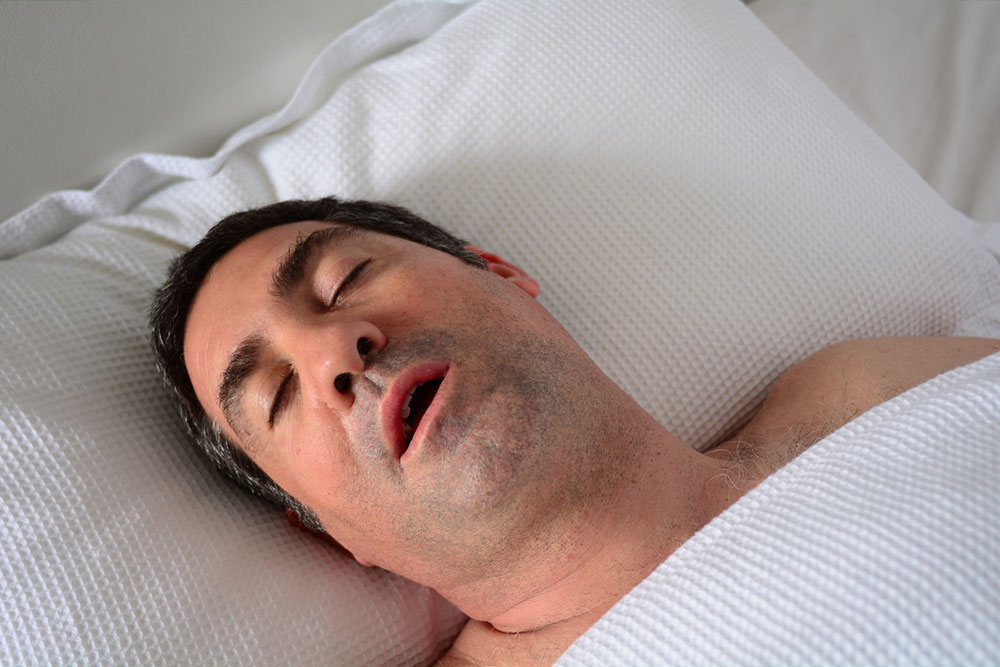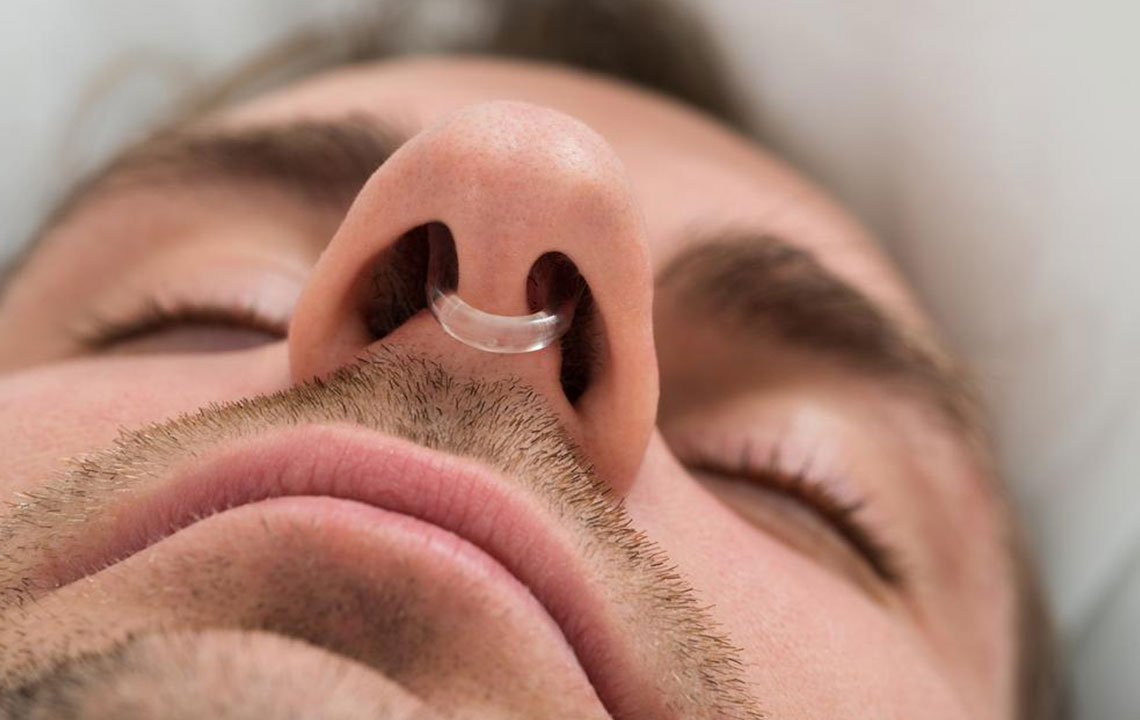Comprehensive Guide to Effective Snoring Remedies and Prevention Techniques
This comprehensive guide explores effective strategies to combat snoring, including lifestyle changes, custom mouthguards, and medical devices. Snoring can signal underlying health issues like sleep apnea—learn how to reduce or eliminate it safely and comfortably for improved sleep quality. Professional advice and consistent management are key to restful nights and better health.

Comprehensive Guide to Effective Snoring Remedies and Prevention Techniques
Snoring is a common problem affecting millions of people worldwide, often leading to sleep disturbances, relationship issues, and even health problems. It’s characterized by noisy, turbulent airflow caused by vibrations of the tissues within the nasal passages and throat during sleep. While many consider snoring just a harmless nuisance, persistent or loud snoring could indicate underlying health conditions, such as sleep apnea, which warrants attention.
Understanding the root causes of snoring is essential in choosing the most effective remedies. Various factors contribute to snoring, including anatomical features, lifestyle habits, and health status. In this comprehensive guide, we delve into effective strategies to reduce or eliminate snoring, from lifestyle modifications to medical devices, ensuring you can achieve more restful, quieter nights.
Persistent snoring might be a sign of obstructive sleep apnea (OSA), a serious condition where breathing pauses occur multiple times during sleep, lasting over 10 seconds. Untreated sleep apnea can lead to cardiovascular issues, daytime fatigue, and decreased overall quality of life. Addressing snoring effectively requires a combination of behavioral adjustments, medical interventions, and sometimes specialized devices. Among these, mandibular advancement devices (MADs), custom-fitted by dental professionals, have shown remarkable success in reducing snoring severity and improving sleep quality.
Why Choose Anti-Snoring Devices?
Snoring relief often begins with non-invasive, comfortable solutions. Oral appliances like mandibular advancement devices are designed to prevent the tongue and soft tissues from collapsing into the airway during sleep. They work by supporting and repositioning the lower jaw, thereby opening up the airway and reducing tissue vibrations that cause noise. For many users, these devices are a safe, effective, and convenient alternative to more invasive procedures.
How Do These Devices Work?
Support the jaw in cases of receding jaw alignment, which can predispose to airway obstruction
Push the lower jaw forward to naturally expand the airway space
Hold the tongue in a neutral position to prevent blockage of the breathing pathway
Keep the soft palate from collapsing or vibrating, reducing snoring sounds
Considerations and Potential Side Effects
Initial discomfort or adjustment period after fitting the device
The possibility of device dislodgement if not well-fitted
Increased saliva production, which usually diminishes as users adapt
It's critical to undergo regular dental check-ups for adjustments and ensuring optimal fit. FDA-approved, custom-made mouthpieces have been proven to be safe and effective options for snoring reduction and are recommended by health professionals.According to recent studies, nearly 50% of adults experience occasional snoring or are familiar with someone who does. While over-the-counter remedies like nasal sprays, throat sprays, and herbal pills are available, it’s advisable to consult healthcare providers before opting for any medical intervention. Lifestyle changes can also play a significant role in managing snoring, including:
Adjusting Sleep Positions: Sleeping on your side reduces the tendency of the tongue and soft tissues to block the airway, substantially decreasing snoring intensity.
Managing Body Weight: Excess weight around the neck adds pressure on the airway, increasing the risk and severity of snoring. Losing weight through diet and exercise often results in noticeable improvements.
Limiting Alcohol and Sedatives: Alcohol and certain medications relax throat muscles, exacerbating snoring. Avoiding these substances before bedtime can significantly reduce noise levels.
Practicing Good Sleep Hygiene: Establishing regular sleep routines, ensuring adequate duration, and avoiding sleep deprivation can improve muscle tone and reduce floppiness in the tissues that cause snoring.
Using Nasal Clearing Methods: Steam inhalation or saline nasal sprays before sleep help keep the nasal passages open and facilitate easier breathing.
While there are many options available, healthcare professionals highly recommend the use of custom-fitted mouthguards as a first-line non-invasive treatment. They are portable, easy to use, and often provide effective relief without the need for complex or expensive procedures, making them suitable for widespread use.In conclusion, snoring can be managed effectively through a combination of lifestyle modifications, specialized devices, and professional medical advice. Identifying your specific cause of snoring is crucial—whether anatomical, behavioral, or health-related—and selecting appropriate solutions accordingly. Awareness and proactive management can significantly enhance sleep quality for both you and your partner, contributing to better overall health and well-being.





